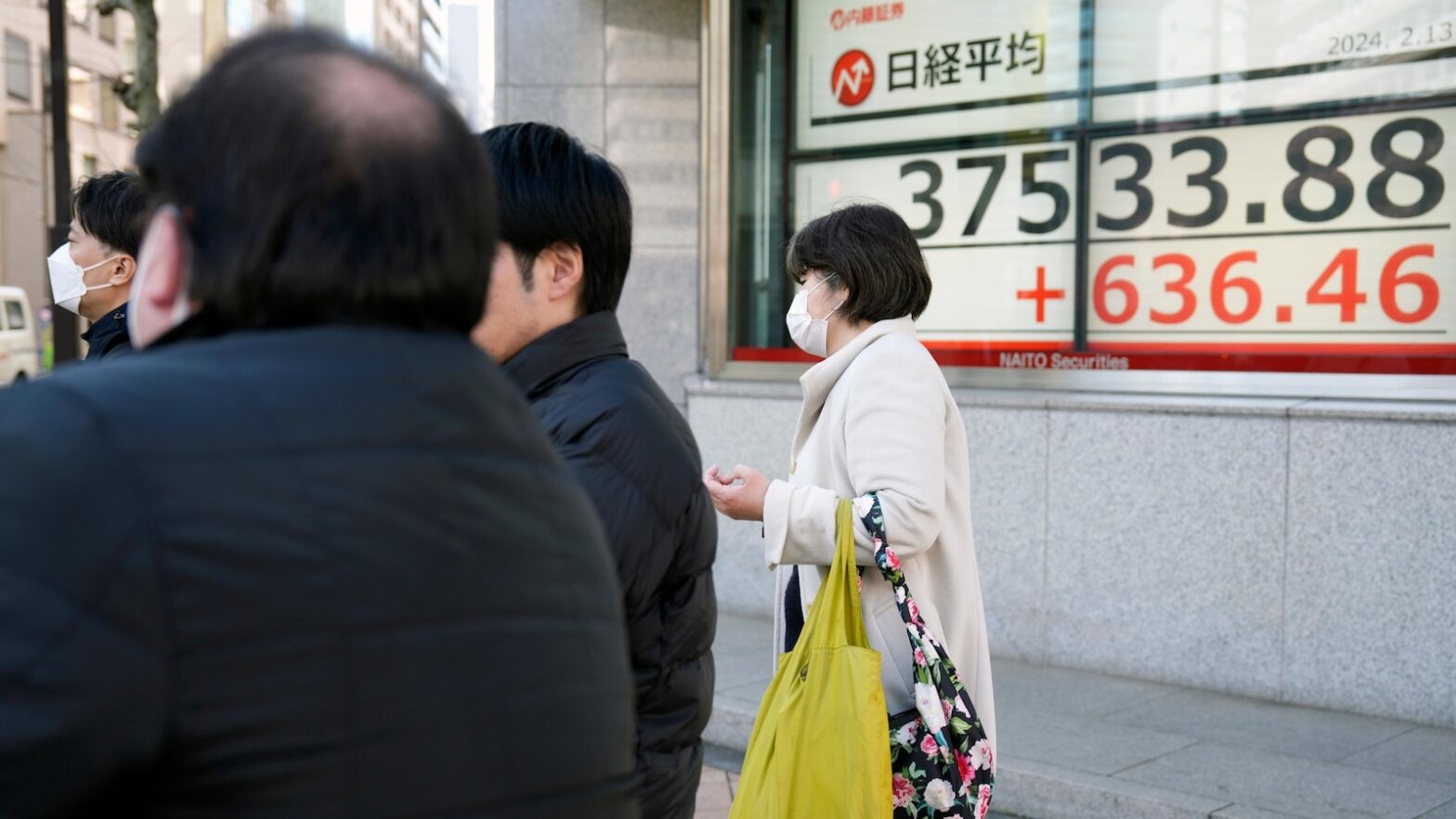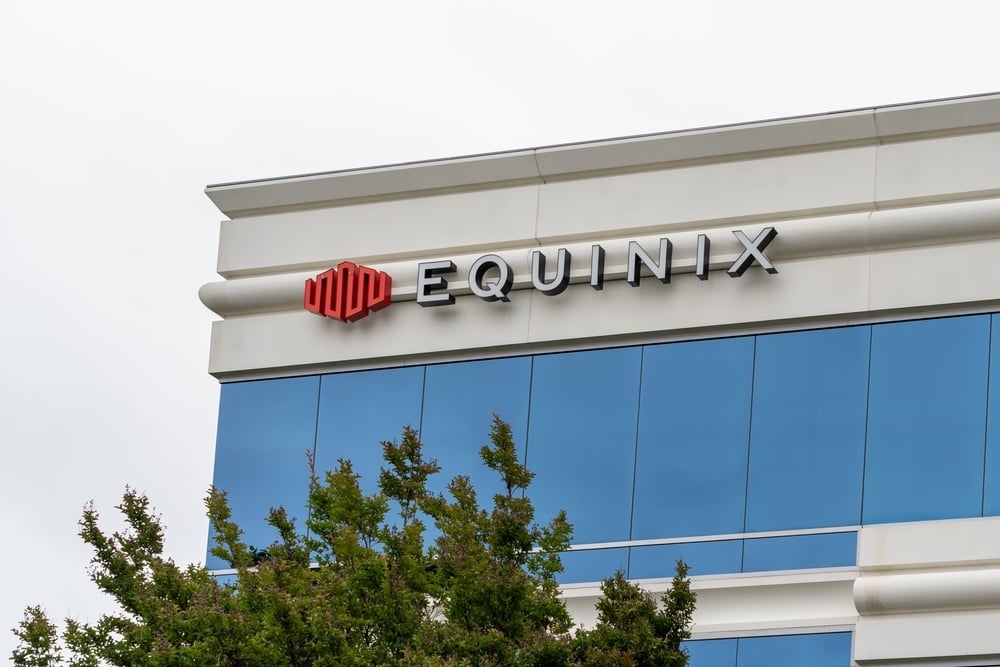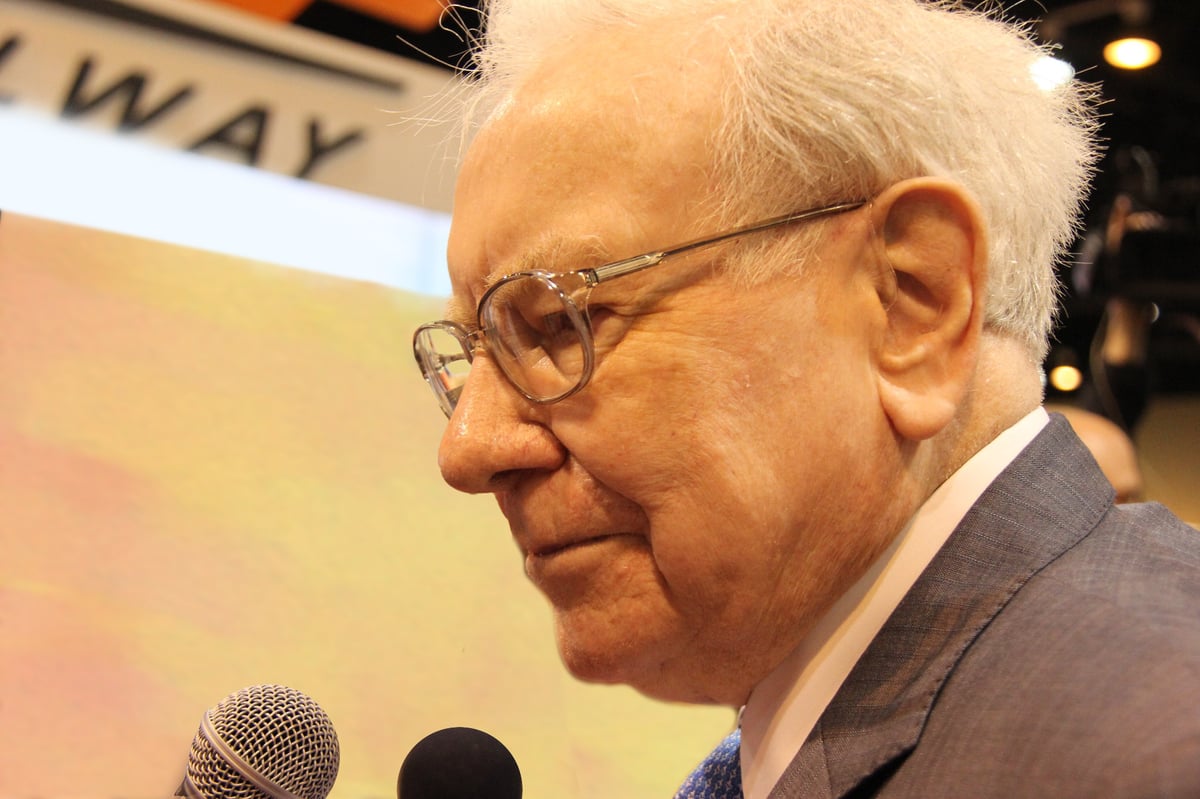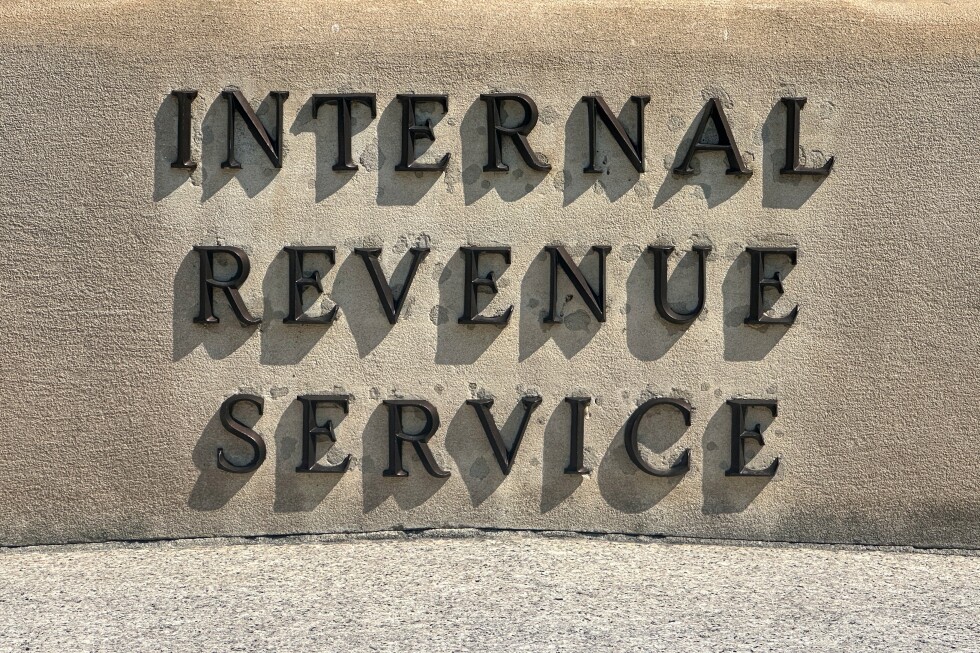TOKYO — Asian shares were mostly higher on Tuesday, as investors awaited an update on U.S. consumer prices.
Japan’s benchmark Nikkei 225 added 2.9% to 37,961.48. Australia’s S&P/ASX 200 lost earlier gains, edging 0.2% lower to 7,603.60. South Korea’s Kospi jumped 1% to 2,647.03.
Markets were closed in China, Hong Kong and Taiwan for the Lunar New Year holiday.
Japan’s producer price index data showed a 0.2% increase from a year ago, while remaining flat month-on-month. That may relieve pressure on the central bank to alter its longstanding ultra-lax monetary policy and raise its benchmark interest rate from minus 0.1%.
“The tame number may still suggest limited passthrough to consumer prices and may offer room for the Bank of Japan to keep to its wait-and-see for now,” Yeap Jun Rong, a market analyst at IG, said in a report.
The next big event for markets could be Tuesday’s update on inflation across the United States, which economists expect to show a drop back below the 3% level.
On Monday, Wall Street held relatively steady following its latest record-setting week. The S&P 500 slipped 0.1% to 5,021.84, after closing Friday above the 5,000 level for the first time.
Most of the stocks in the index rose, but losses for Microsoft and other tech companies weighed on the index.
The weakness for tech also pulled the Nasdaq composite 0.3% lower to 15,942.55. Earlier in the day, It had been hovering just above its all-time closing high set in 2021. The Dow Jones Industrial Average, meanwhile, rose 0.3% to 38.797.38 to set its latest record.
Conditions were calm across markets, and yields were also stable in the bond market.
Worries have grown about how top-heavy the stock market has become, where the seven biggest companies have accounted for a disproportionate amount of the S&P 500’s rally to a record. If more companies aside from the group known as the “Magnificent Seven” can deliver strong profit growth, it could soften the criticism that the market has become too expensive.
Another worry for the market has been uncertainty about just how much danger lurks for the economy in the loans and other holdings banks have on their balance sheets that are tied to commercial real estate.
That’s why so much focus has been on New York Community Bancorp recently. It shocked investors two weeks ago when it announced a surprise loss for its latest quarter. Some of the pain was due to its acquisition of Signature Bank during the industry’s mini-crisis last year. But worries about commercial real estate also played a role.
New York Community Bancorp’s stock has roughly halved since that surprise report, but it held a bit steadier on Monday. It edged down by 0.2%.
An index measuring stock prices across the regional banking industry rose 1.8%.
In the bond market, yields were moving very little. The yield on the 10-year Treasury slipped to 4.16% from 4.18%, late Friday.
The two-year Treasury yield, which more closely tracks expectations for the Federal Reserve, held at 4.48%, where it was late Friday.
Inflation has been cooling enough that the Federal Reserve has hinted it may cut its main interest rate several times this year. Such cuts typically juice financial markets and the economy, and they would release pressure that’s built up since the Fed has taken its main interest rate to the highest level since 2001.
After earlier hoping cuts to rates could begin as soon as March, traders have since pushed their forecasts out to May or June. Reports showing the U.S. economy and job market remain remarkably solid, along with some comments from Fed officials, have been forcing the delays.
In energy trading, benchmark U.S. crude rose 12 cents to $77.04 a barrel in electronic trading on the New York Mercantile Exchange. Brent crude, the international standard, rose 8 cents to $82.08 a barrel.
In currency trading, the U.S. dollar rose to 149.55 Japanese yen from 149.34 yen. The euro cost $1.0771, down from $1.0774.
















